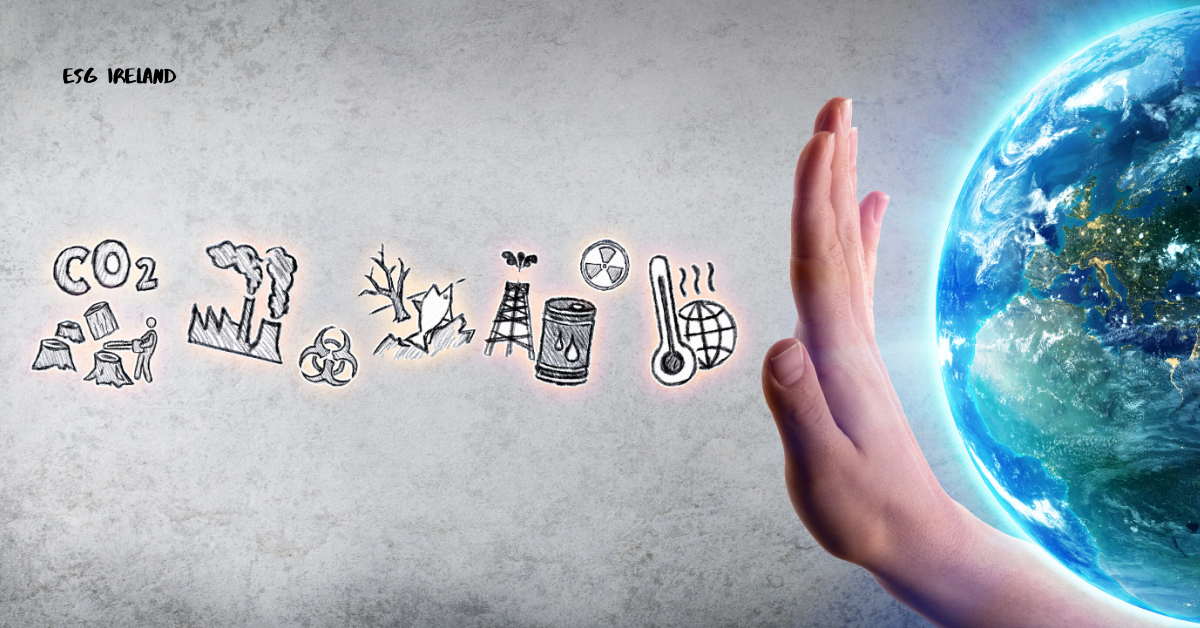

Just before social distancing began in Ireland, I attended two meetings where I encountered the phrases “restorative economy”, “regenerative business” and even “rehabilitation”. The concepts allude to the idea that the private sector needs to ‘put something back’ into the economy – something that it has taken out. What is it that needs rehabilitation? Why is there a sense that the system is broken and needs fixing?
The world has changed since those meetings last week. The coronavirus is dominating the airwaves, with 24/7 coverage of the pandemic. Among the clamour, you might also hear the sound of jaws dropping at the pace and scale of change across the economy. Millions of people are working from home. Bills and payments may be suspended or delayed for those who cannot afford them. Some CEOs are foregoing some or all of their salaries for the rest of the year. And Bloomberg reports that the crisis has “unleashed a new sort of business creativity”.[1]
Some have been quick to compare this rapid response from governments and the private sector to their sluggishness on the equally existential, but slower-moving, issue of climate change. Europe has just emerged from the warmest winter since records began and, in February, a research base in Antarctica recorded a record temperature of 18.3 degrees Celsius.
Measures that were deemed too radical or rash in response to the climate crisis have now been deployed to tackle Covid-19. We are already redefining what are considered essential or frontline services and jobs. We are remembering the true value of health and nature. States are rapidly making decisions that have immediate effects on millions of people’s lives.
What do these changes mean for the fight against climate change and ecological destruction? George Hay writes in Reuters “what has been lacking is acceptance that politicians may need to interfere more in citizens’ lives to prevent climate change. [This] war footing…to fight Covid-19 may, in time, expand the role of the state, just as after World War Two. If so, the current crisis may be a dress rehearsal for managing climate change, rather than a disastrous obstruction to it.”[2]
The role of the state may expand in response to this upheaval. But large corporations will still play a major role in our society. Indeed, their actions during this pandemic might allow them to recover public trust. According to Edelman’s global Trust Barometer, today just 52% of people trust business to ‘do what is right’.[3] Perhaps these people remember the corporate bailouts during the 2008 financial crash, which were used to boost share prices instead of to improve the financial health of the company and its employees.[4]
The financial system, too, must play its part. Rather than investment bankers encouraging healthcare companies to cash in on the crisis,[5] they should allow management the opportunity to reconfigure and emerge stronger.
Business-as-usual must not resume once this pandemic has passed. Many have celebrated the observed reductions in carbon emissions that the downturn has caused – but these effects tend to be temporary and emissions can quickly spike again as economies recover.
We have a chance to test new ways of organising ourselves that drastically reduce our impacts on vulnerable people and the planet we live on. I sincerely hope the corporate and financial world will use this petri dish opportunity to create a new culture.
End
Orlaith Delargy
(Bio: Orlaith currently works as an environmental consultant in Dublin. She took up the role of Executive Coordinator of the Irish Forum on Natural Capital, after spending three years in London with international non-profit, CDP. She holds a Masters in Environmental Economics and Policy from Imperial College London and a BA in European Studies from Trinity College Dublin. Previously, she worked on policy and public affairs at the Dublin Chamber of Commerce.)
[1] https://www.bloomberg.com/news/articles/2020-03-18/corporate-virtue-in-the-time-of-coronavirus-green-insight
[2] https://www.reuters.com/article/us-health-coronavirus-climatechange-brea-idUSKBN2152M7
[3] https://www.edelman.com/research/2017-edelman-trust-barometer
[4] https://www.nytimes.com/2020/03/17/opinion/letters/corporate-bailouts-coronavirus.html
[5] https://theintercept.com/2020/03/19/coronavirus-vaccine-medical-supplies-price-gouging/
